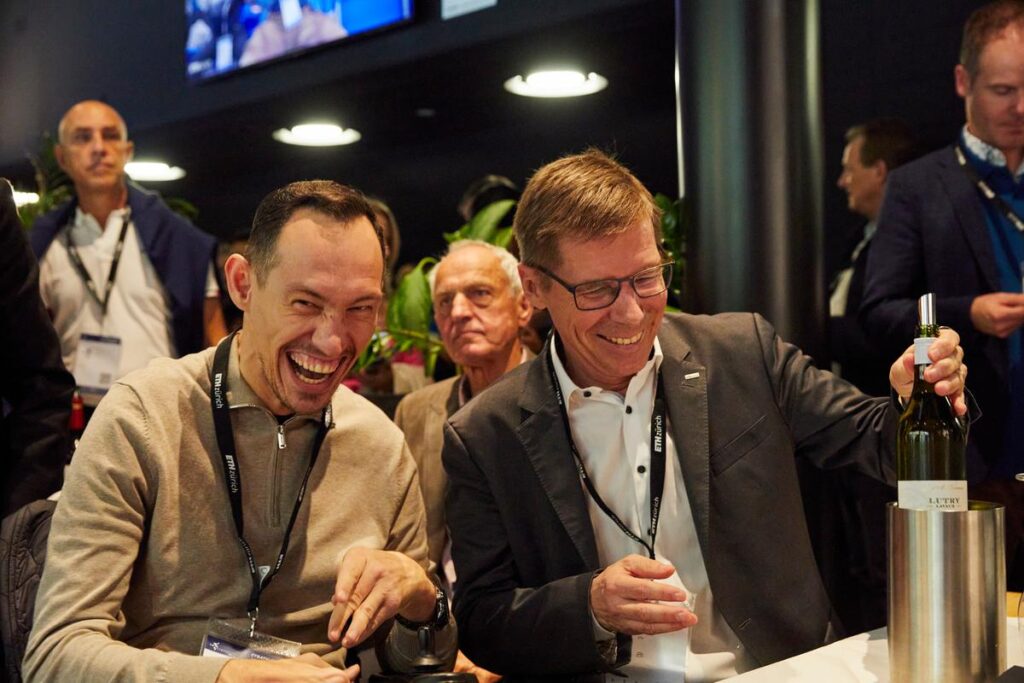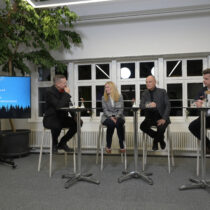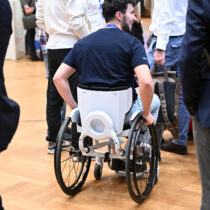CYBATHLON 2024 in Kloten: The Games for Technologies that Enable Inclusion
November 21, 2024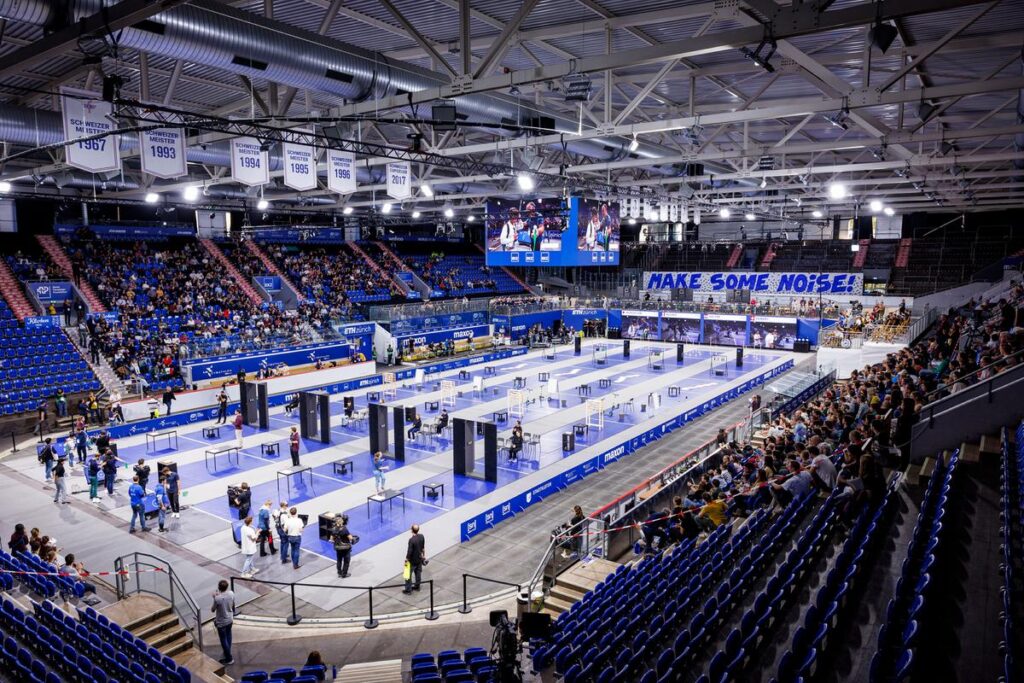
67 teams from around the world gathered at the Swiss Arena in Kloten recently to compete at CYBATHLON 2024. CYBATHLON is a non-profit ETH Zurich project that challenges international teams to develop assistive technologies suitable for everyday use with and for people with disabilities. It was previously held in 2016 and 2020.
Teams come together through a need for a specific assistive technology. Once a need has been identified, tech developers from universities, companies or NGOs group around a person with a corresponding disability who becomes the pilot of that technology – and who will actively participate in the project.
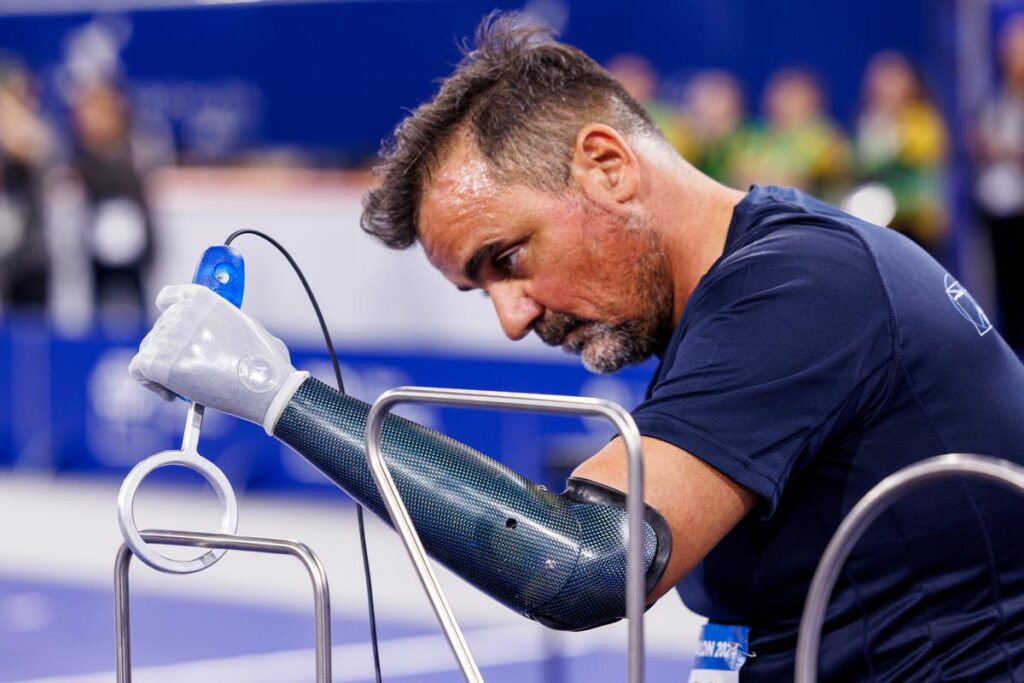
Each CYBATHLON team comprises the pilot, a trainer and the developers behind the specific technology. The competitions bring teams together to test which technology will best tackle eight different races. The disciplines are made up of specific tasks that people deal with every day: for example, vision assistance is used to tap numbers into a keypad; assistive robots help open drawers and pick things up; and an exoskeleton helps navigate an obstacle course of ramps, doors and steps.
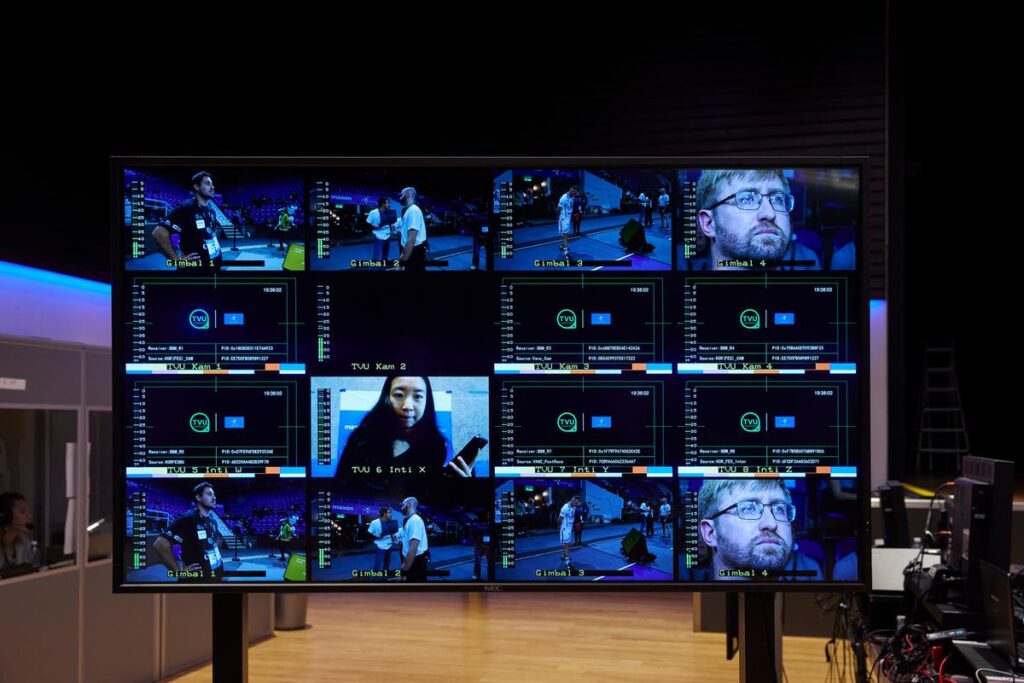
The SWISS Arena is mission control for the international event. With three quarters of the teams on site in Kloten, the rest are competing at 8 local hubs throughout the world. The virtual aspect of CYBATHLON 2020, necessitated by the COVID19 pandemic, became a testing ground for today’s hybrid – as the 8 hubs present their races onscreen in the arena for CYBATHLON 2024. The live footage from places like South Africa, Korea and Thailand complement the races taking place, adding an extra sense of excitement as their audiences join together with those in Kloten to cheer on the teams.
Assistive technology is advanced in some areas. You may think of the impressive-looking running blades used by athletes in competition, or the Scewo BRO stair-climbing wheelchair – which developed out of the first CYBATHLON in 2016. But there is still progress to be made.
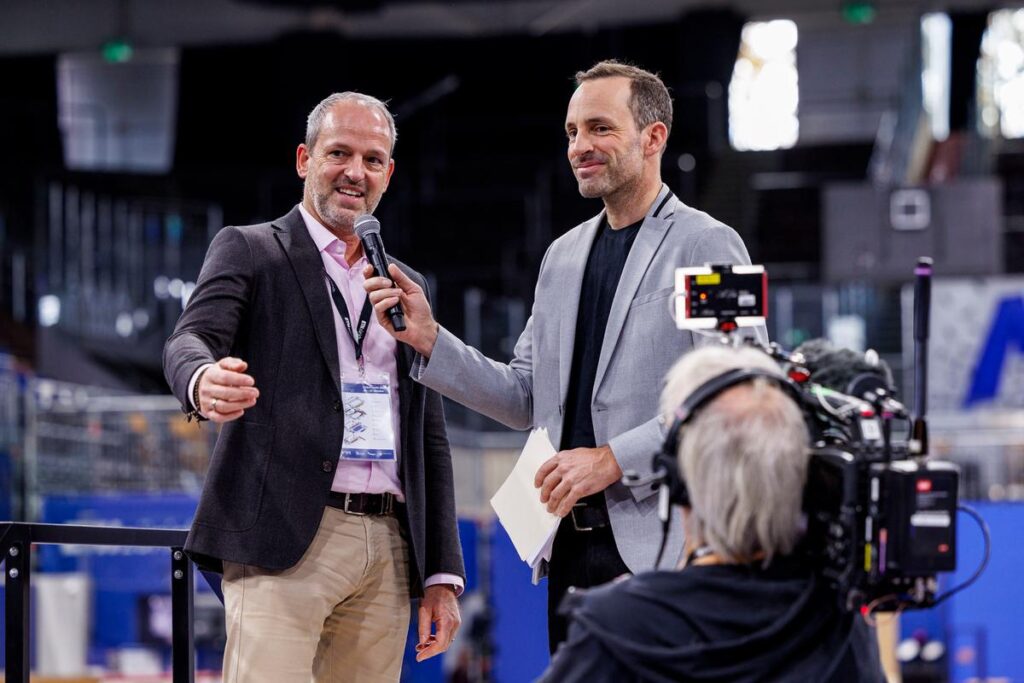
“There is a discrepancy between society’s expectations, especially with regard to people with disabilities,” says Professor Dr Robert Riener from ETH’s Department of Health Sciences and Technology, and initiator of CYBATHLON. Thanks to the media and Hollywood movies, “people think we already have technology that works well in everyday life.” But while the foundation is there, assistive technology still needs a lot of fine tuning, which is why Riener founded CYBATHLON in 2013.
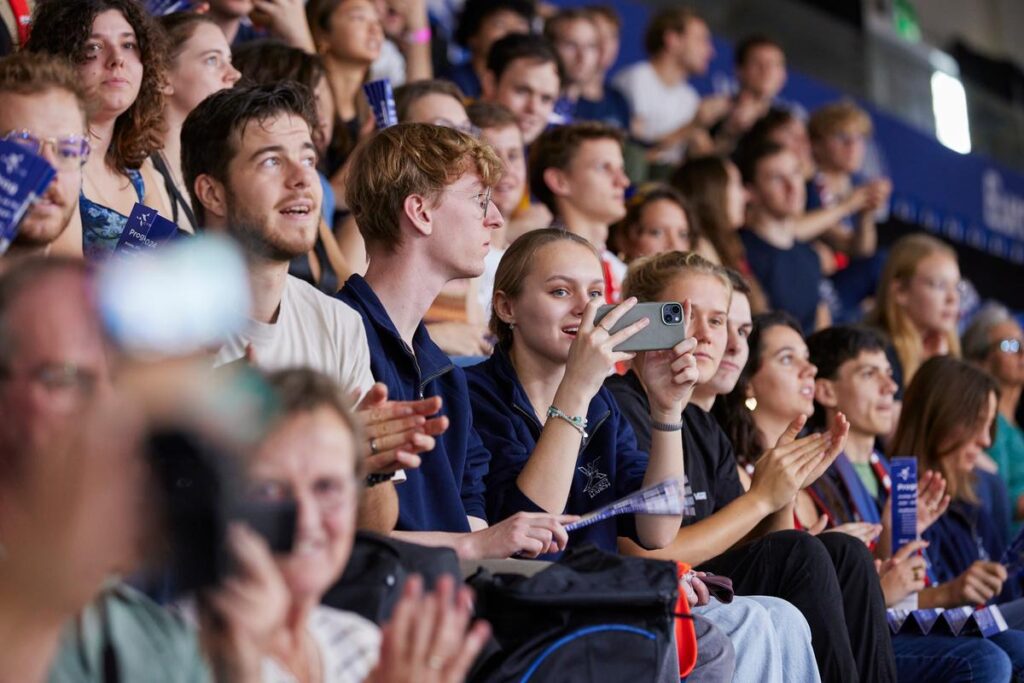
Just how much fine tuning that involves is demonstrated by the Exoskeleton Race. The technology that allows those with paraplegia to stand and walk is bulky, sometimes difficult to control and mostly dependent on crutches. The aim of all the teams in this category is improved manoeuvrability and comfort – and the elimination of the need for crutches. Improved exoskeleton technology would mean much more than just better mobility. Its resulting independence can lead to social well-being as users are able to reconnect with their communities.
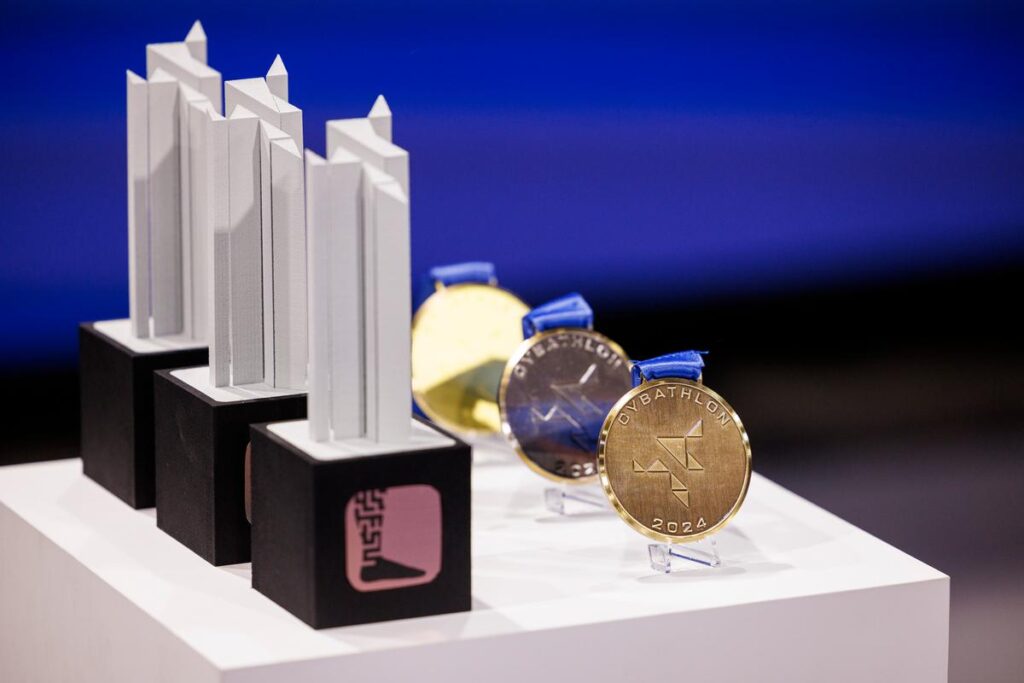
While CYBATHLON competitions inspire the teams to improve their technologies and thereby the lives of their pilots and other people with disabilities , all participants have a single goal beyond merely winning a trophy. As the team leader of EPFL’s research group REHAssist, Dr. Tristan Vouga, puts it, “Teams do not compete against each other but all together against disability.” It’s about inclusion, enabling. The objective is to strengthen networks, to bring business and academia together for solutions that really work and will make a true difference to people all over the world.
